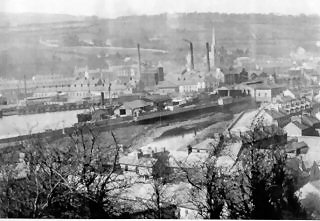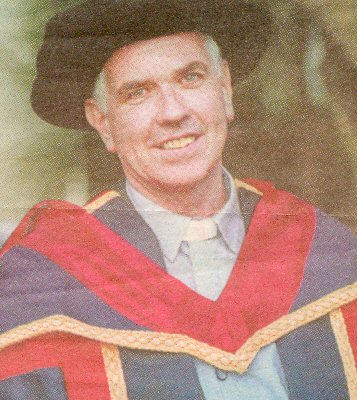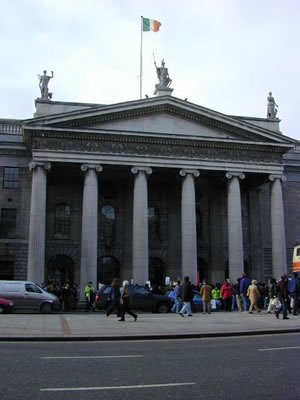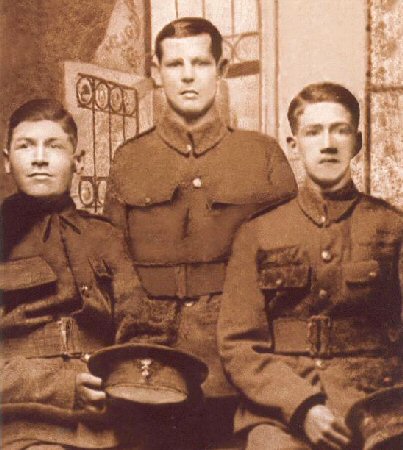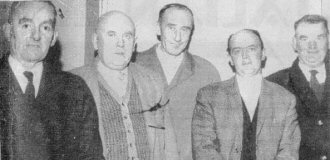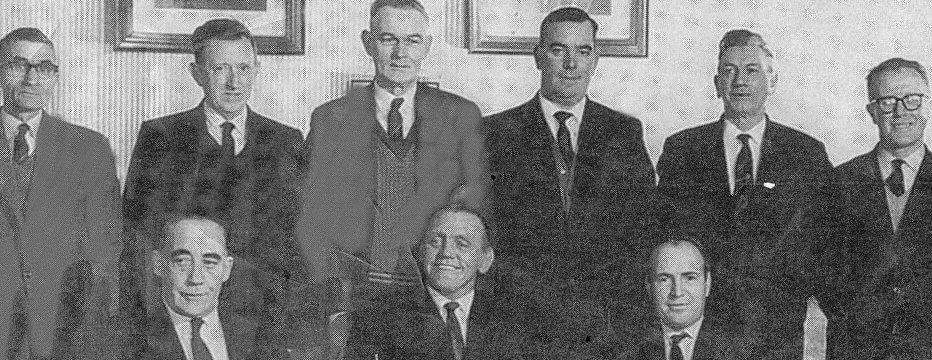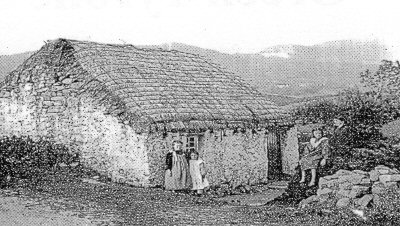Just as nothing succeeds like success, so the failure of accepted (and sometimes negotiated) deals between workers and employers brought disillusionment in its wake. All the early victories went to the employers and workers often lost faith in their leaders.
To confuse matter more for revolutionary socialists such as James Connolly, it was relatively easy to divert workers’ attention and energy away from the class struggle and into the national struggle. Connolly himself advised his volunteers of the Citizens Army who participated in the Rising to hold on to their guns for the real struggle with the capitalist class that would follow. Connolly however was executed in the wake of the Rising’s failure. Larkin was in America. The titanic struggle consequent on the 1913 employers’ Lockout had brought little gain to the Dublin workers.
One result of the War of Independence and the Civil War that followed was to see Labour eclipsed as a political force in the new Free State. The main protagonists in the Civil War formed the kernel of the two opposing political parties that have dominated Irish politics ever since. The political parties that galvanised in the new Northern Ireland split on community and sectarian lines, Protestants supporting the Unionist Party and Catholics the Nationalist Party. The Northern Ireland Labour Party soon opted to reflect the constitutional position of its sister British Labour Party. It tried however to be a broad church, encompassing elected Labour leaders in Nationalist areas such as Newry, Derry and Armagh. Allowed a wide measure of autonomy within this party, these local leaders though often more Nationalist than Labour, acquiesced in the arrangement.
In Newry the constitutional position was further blurred while people awaited the results of the deliberations of the Boundary Commission, widely expected to recommend that the largely nationalist town be subsumed into the Free State. Its Report of 1926 left the border largely unchanged. Newry people were incensed but impotent.
The post-war world economic position was worsening and would soon lead to the Wall Street Crash and the subsequent Great Depression of the thirties. Before that the Unionist Government, following the British Government’s lead, introduced the draconian Trades Disputes Act (NI) in 1927. There were large and vociferous demonstrations against it in Belfast, Derry, Newry and Armagh. There was still a strong working-class consciousness in Newry. This was reflected in the municipal council results of the previous year. The results largely mirrored the local situation that was to prevail for the next forty years, with Unionists taking the Protestant vote and the Catholic vote divided almost equally between Labour and Nationalist. Sinn Fein would have to wait almost half a century before it became a significant electoral force.
Labour parties everywhere had more to concern them in the Depression and the Hungry Thirties than local disputes. There is little extant documentary evidence of Newry Labour’s participation in the wider activities and issues of the Northern Ireland Labour Party. Nor indeed of the activities of either the local or parent body. It is unlikely that Newry saw the need to liaise with the parent body, with an available local forum to express its views, air its grievances and seek solutions, that is, the local Council. It also had its own members on the Board of guardians and so was able to participate in the relief of the worst poverty. It also was able to boast a more than usually enlightened and humanitarian public administration.
The lack of central discipline led inevitably to a failure of local discipline. Labour representatives often did not support each other in the Council chamber. At least one Councillor lost his seat from frequent absence. Policy-making party meetings were infrequently held and poorly attended. For most of the decade the Newry party reflected the assessment made of them in ‘The Irishman’ in 1930: ..’fairly strong on the local council. Very lax in uniting their supporters. A strategic position of Northern Labour being weakened through sheer laziness. With 2,000 people waiting at any one time for them, they haven’t got the energy to inspire them’.
